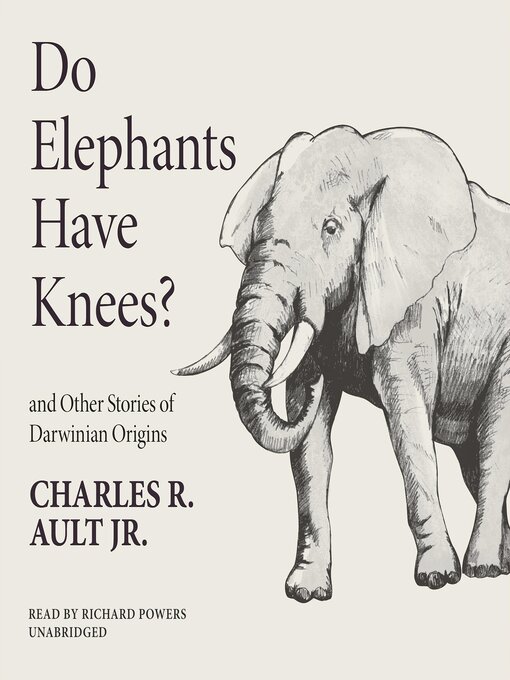What makes a penguin a bird? Is a camel more closely related to a horse than to a giraffe? Why is a whale not a fish? Similar puzzles preoccupied Charles Darwin throughout his life. Whimsy, in the playfulness of stories for children, is a way to appreciate Darwinian histories.
In Do Elephants Have Knees? Charles R. Ault Jr. uses the fanciful imagery of story to explain Darwinian thought. At the same time, he launches careful consideration of Darwin's humanity, the origins of his curiosity, and the reach of his ideas.
Ault's approach illustrates the value of story form in learning science and provides a wealth of resources for enriching courses that focus on Darwin's ideas. "Good storytelling mines curiosity," Ault writes, "and exuberant playfulness enriches a disciplined study of science."
